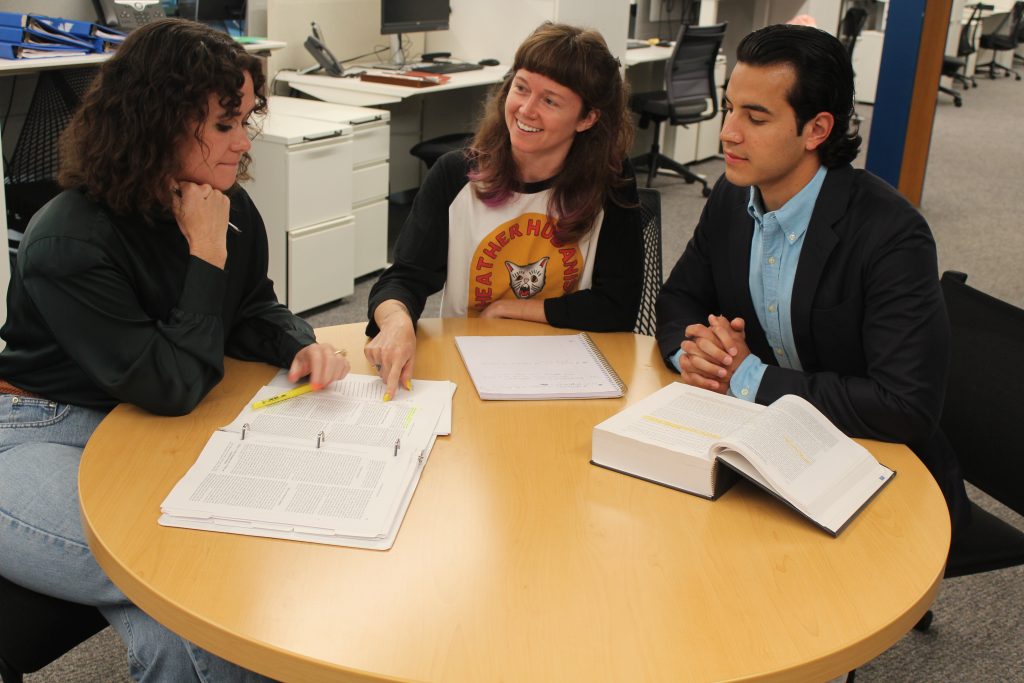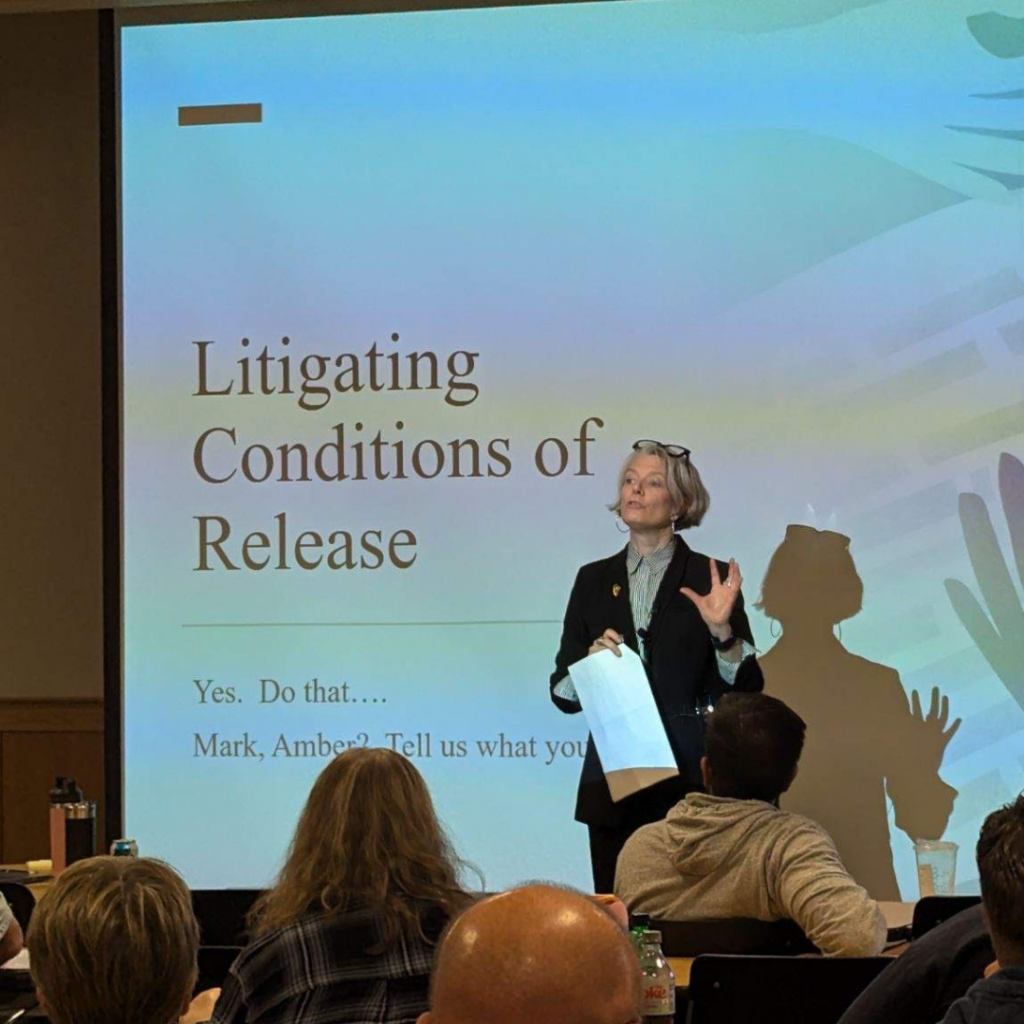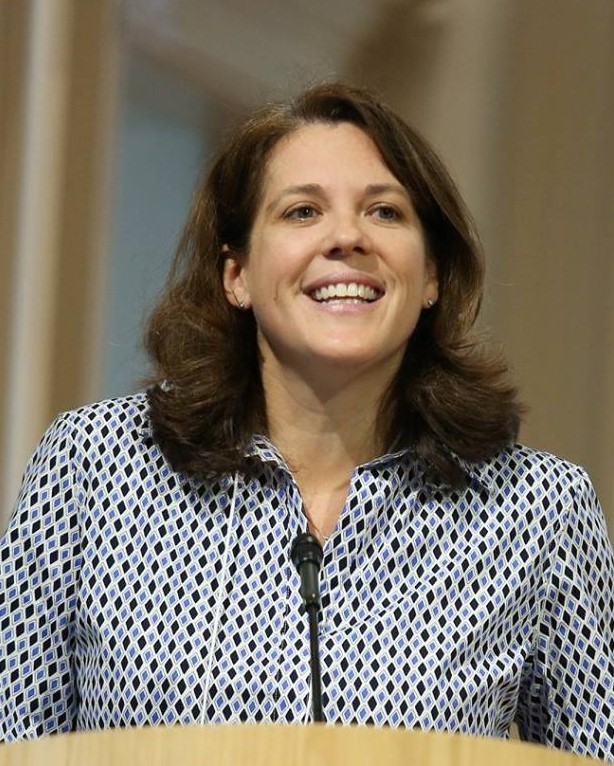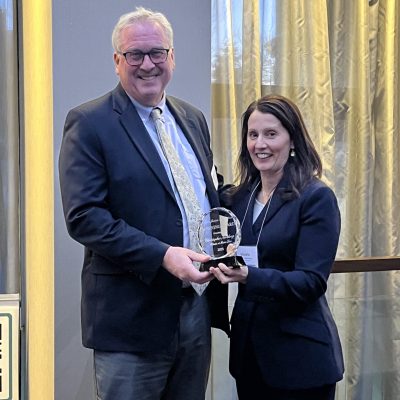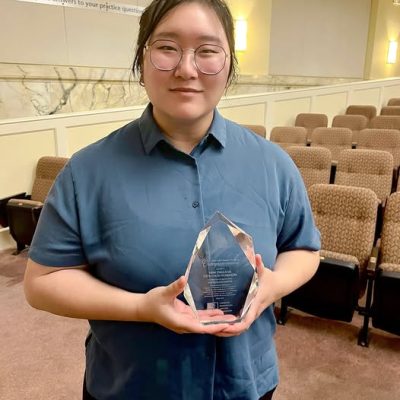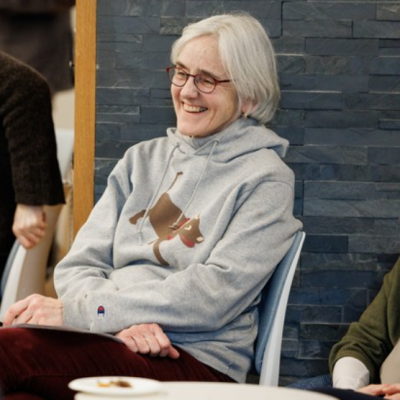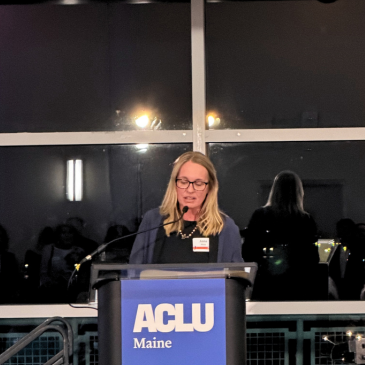“When is a child too young to be prosecuted by the State? While they still believe in Santa Claus? Before they learn to read or write their name? Before they get their first adult tooth?”
These questions were raised by 2025 Maine Law graduate Allie Smith after a proposal to enact a minimum age of 12 failed in 2021. In a Maine Law Review article, titled Just Kids: Establishing a Minimum Age of Jurisdiction in Maine’s Juvenile Court, the former clinic student attorney and policy fellow, Smith explored the history and purpose of juvenile court and the legal arguments for establishing a minimum age.
Today, these questions have been answered. This past June Maine became the 27th state to enact a minimum age at which children can be subject to the criminal legal system. Passed by the Maine legislature and signed into law by Governor Janet Mills, LD 1849, An Act to Establish a Minimum Age at Which Conduct Constitutes a Juvenile Crime and to Confer Jurisdiction to the Juvenile Courts Over Any Criminal Offense Under Maine Law Committed by a Juvenile. The bill, introduced by Representative Suzanne Salisbury and supported by a diverse coalition of organizations, establishes 11 as the minimum age of juvenile court jurisdiction with exceptions for serious offenses like murder and manslaughter. The law takes effect on September 24, 2025.
First raised as part of a comprehensive set of reforms in the wake of the state’s 2020 Juvenile Justice System Assessment, the conversation about juvenile court jurisdiction is one that the Youth Justice Clinic and the Center for Youth Policy and Law have engaged in for years locally and nationally. This year, Center Director Jill Ward and Professor Sarah Branch worked within the Practitioner’s Work Group to support the Maine Prosecutors Association leadership in bringing the bill forward. As Professor Ward explains: “In the Work Group we start with the problems we agree upon and work out from there. It is an opportunity for students to see professionals from all sides collaborate on solutions to agreed upon problems. For example, we may not all agree upon what the minimum age of juvenile court jurisdiction should be, but we all agree there should be an age.”
Student advocacy on this issue has taken a variety of forms, including representing young clients, offering testimony on proposed bills, providing information about best policy and practice, and even conducting research to support the work nationally through the Center’s participation in the National Youth Justice Network.
Jazzmynn Kiefer ’26 was a Policy Fellow in the Clinic this past spring when the bill was being considered. “When I started working on this issue, I was shocked to see how many states and U.S. territories did not have a minimum age of juvenile court jurisdiction, including the State of Maine. Being a policy fellow at the Center not only gave me the opportunity to learn more about the issue, but I was also able to contribute to the national conversation, through my research with the National Youth Justice Network and locally, when I had the opportunity to deliver testimony on Maine’s bill to set a minimum age. It was empowering to be able to advocate for something so important and that I am passionate about, not only locally but also nationally,” Kiefer said.
With a holistic approach to direct representation the YJC is able to raise larger systemic issues and work with the Center on solutions. Nevertheless, the practical reality for student attorneys is that working with very young children accused of crimes is sometimes an unexpected jarring experience.
“Legal concepts stump first year law students for months, and explaining legal concepts, and legal consequences, to a frightened child is very, very different from being in a classroom. The law is a different language and interpreting that language to someone with an elementary or middle school reading level is challenging. It forces you as the attorney to slow down, and also to question the law, because often the child you are representing is asking questions you’ve never been taught to raise while in a law school classroom,” Colleen Cosgriff ‘26, current YJC student attorney and former policy fellow, reflected.
Students like Consgriff, Smith, and Kiefer are instrumental in advocating for youth and system reforms in Maine and beyond, Professor Branch said of the collective impact of the Center and YJC. “Student attorneys, through their representation of clients, have real life examples of how policy impacts children. In this case, students saw first-hand what it is like for very young children to be involved in the juvenile system and were able to take that information along with the research on adolescent development and the purposes of the Juvenile Code and make the case for reform. That’s the beauty of bringing practice and policy together in a clinical environment.”
Working with law students to advocate for youth and making larger policy changes is what the YJC and the Center were built to do. Seeing a minimum age for juvenile court jurisdiction come to fruition in Maine is an amazing concrete example of how this work will make a difference for children in our state and inspire the next generation of youth advocates.

